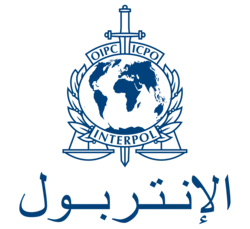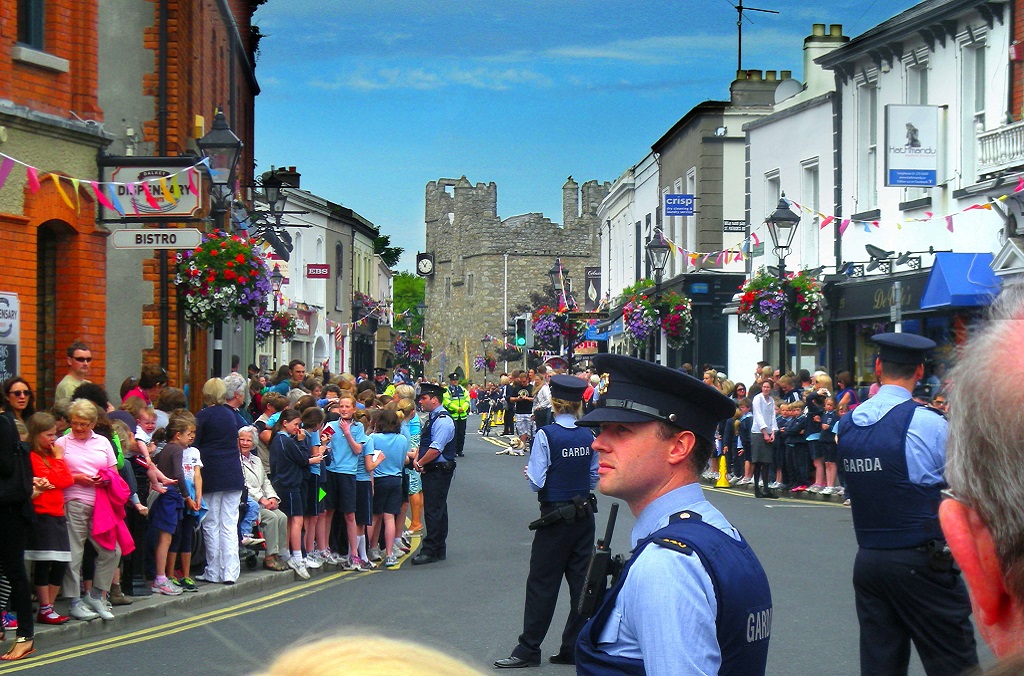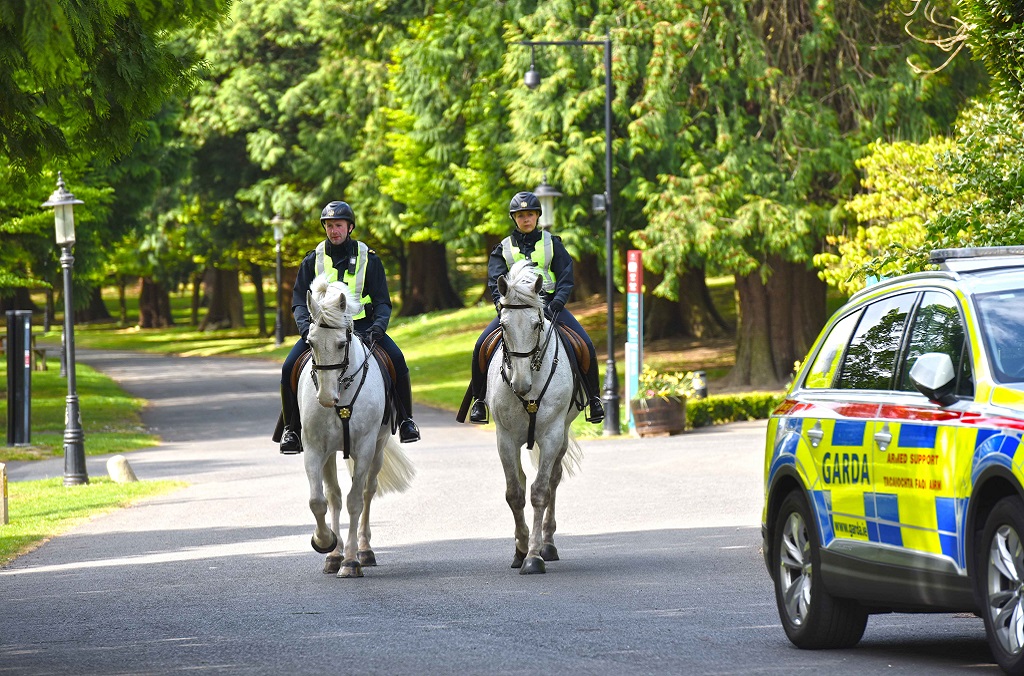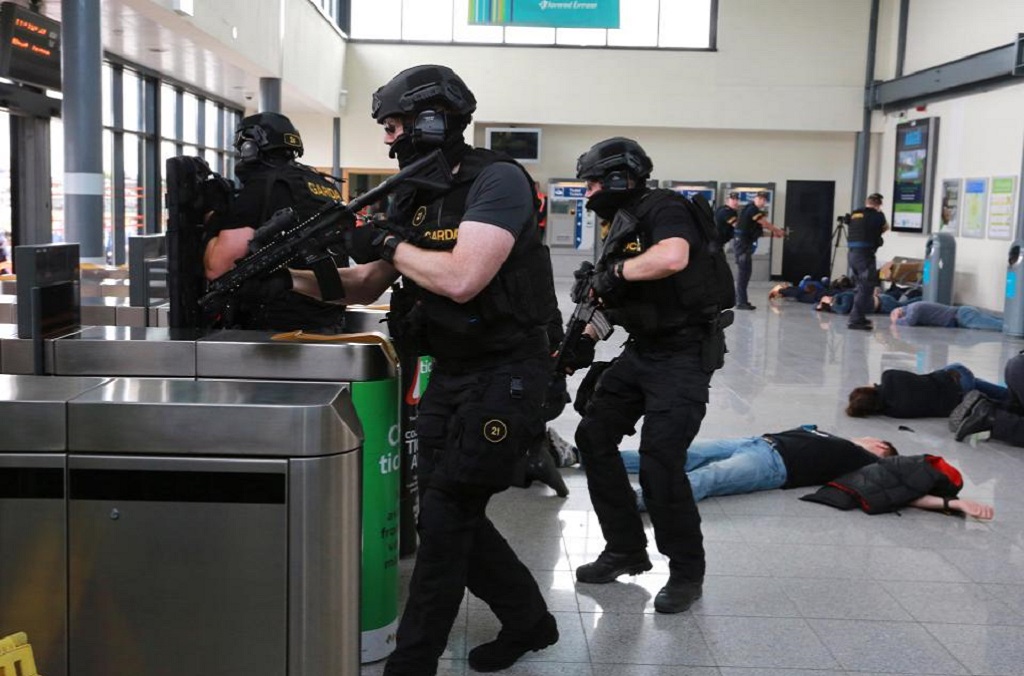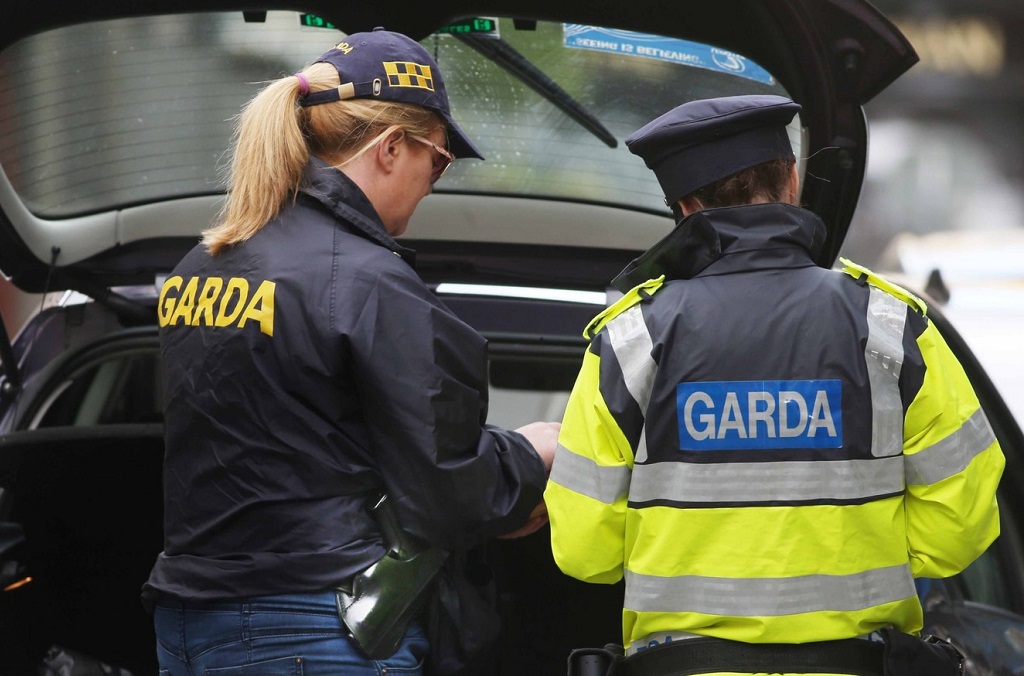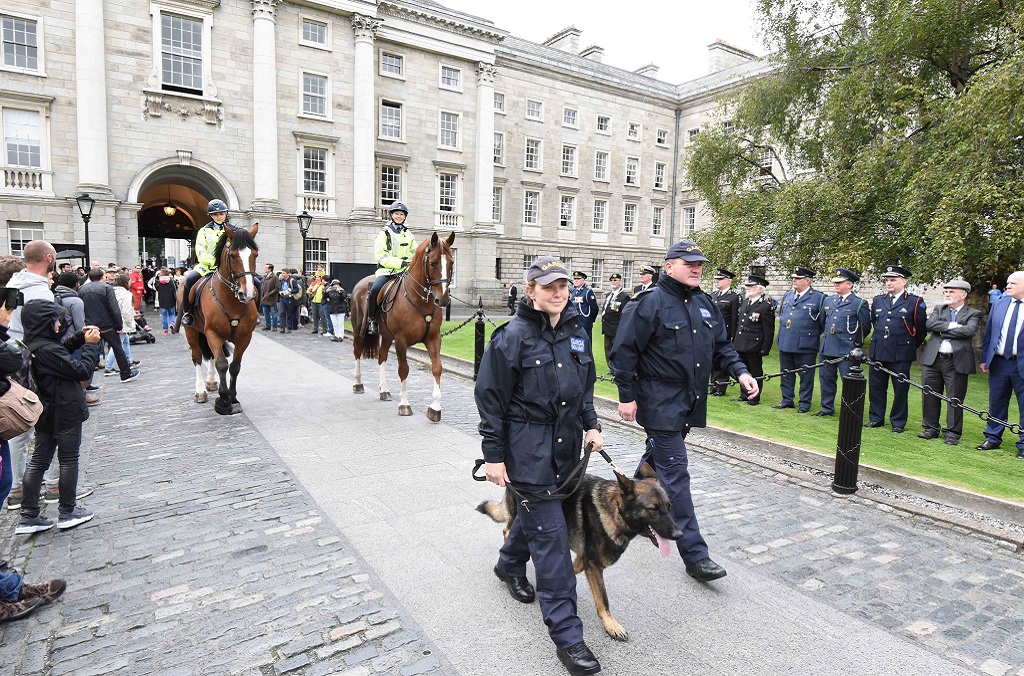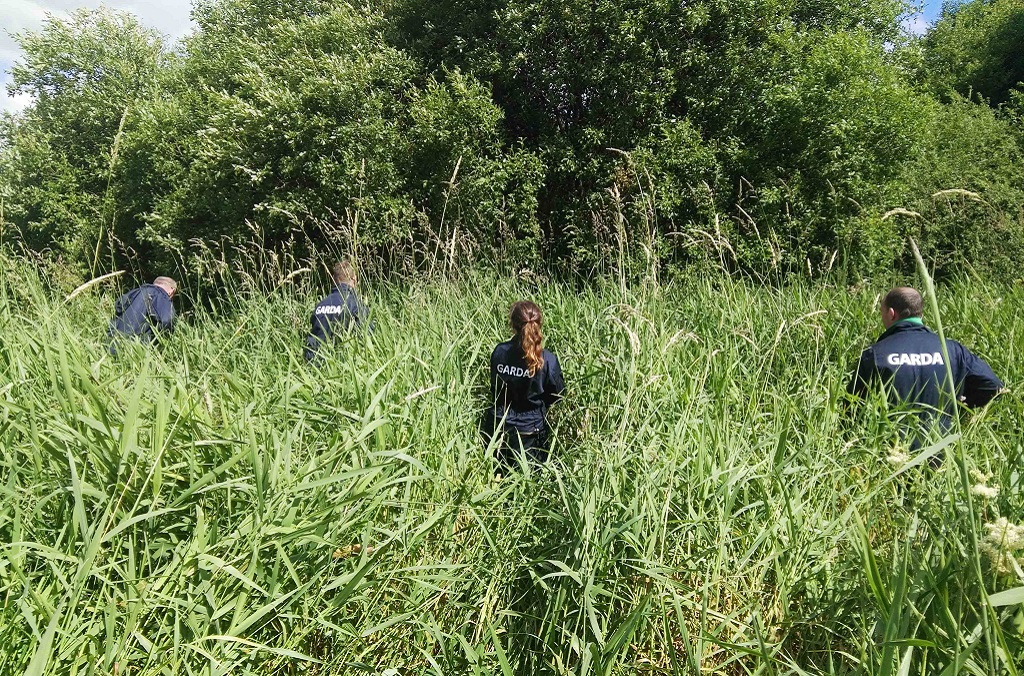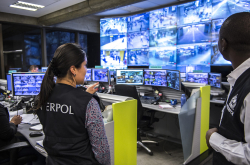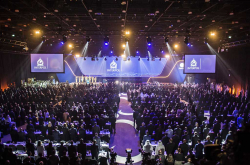 آيرلندا
آيرلندا
Fighting organized crime in Ireland
Ireland is located in the North Atlantic just north of the European continent, making it a targeted source and transit country for crime groups smuggling illicit merchandise into or from European markets.
Ireland’s principal transnational crime challenges include drug trafficking, cybercrime, and the threat from national and international terrorism.
The international characteristics of these crime areas and their links with crime networks around the world make the role of the INTERPOL National Central Bureau (NCB) in Ireland fundamental to maintaining national and regional security.

INTERPOL in Ireland
NCB Dublin plays a central role in preventing the country and surrounding region from serving international organized crime. By providing globally-sourced intelligence about regional crime trends, the NCB helps police officers across Ireland detect and investigate the flow of illicit goods along trafficking routes in and around the country.

The NCB plays a strong national role in tackling the serious crime areas which affect Ireland most as well as crimes against children, fugitive investigations, financial crime and trafficking in human beings. It is a regular partner in INTERPOL-led global police operations in these areas.
To boost national security and investigations, NCB Dublin has given the national police force – called An Garda Síochána - access to INTERPOL’s criminal databases enabling officers to determine if a person is a potential security threat. Border security officials also have access, including the Irish Naturalisation and Immigration Service.
The Interpol NCB for Ireland is located at the An Garda Síochána headquarters in Dublin and staffed by Garda officers. The NCB liaises with Garda staff in specialised units throughout the country, assisting them with their investigations where there is an international element.
Law enforcement in Ireland
Ireland has one national civilian police force, called “An Garda Síochána”, meaning ‘Guardians of the Peace of Ireland’. It provides both local and national law enforcement services. It is commonly referred to as “Garda”.
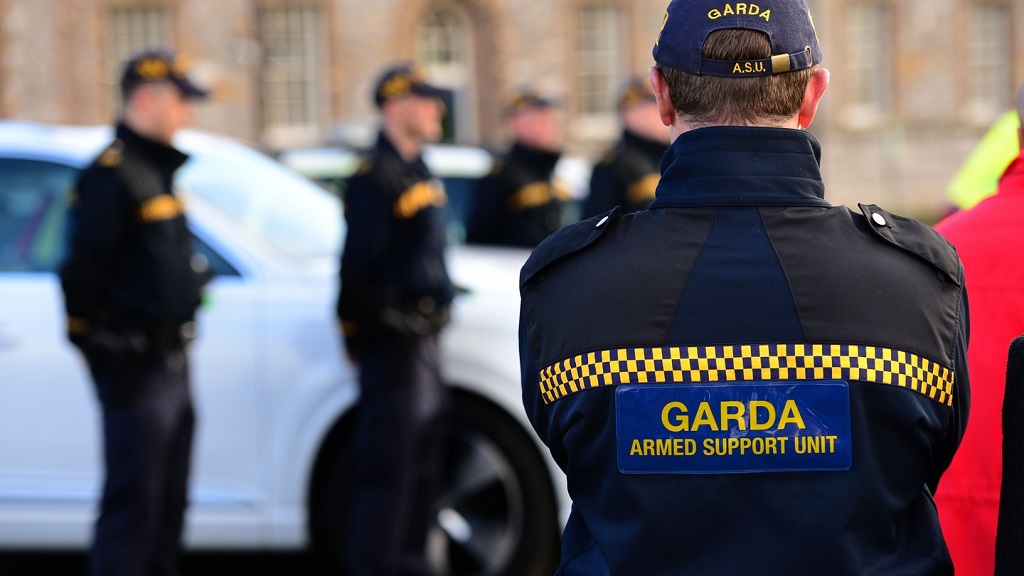
Some of the core functions of An Garda Síochána include crime prevention, detection and investigation, as well as national security, road security and community policing. It is currently undergoing a process of modernisation to meet the demands of modern policing and better serve the people of Ireland. At the heart of this process is the concept of policing by consent. Garda officers are unarmed and uniformed.
For policing purposes the organisation is divided into regions, both geographical and specialised. NCB Dublin is part of the Security and Intelligence specialised region, whose role is to identify and analyse the threat to the state from terrorist and organised crime groups, and serve as Ireland’s central point of contact with the global law enforcement community.
